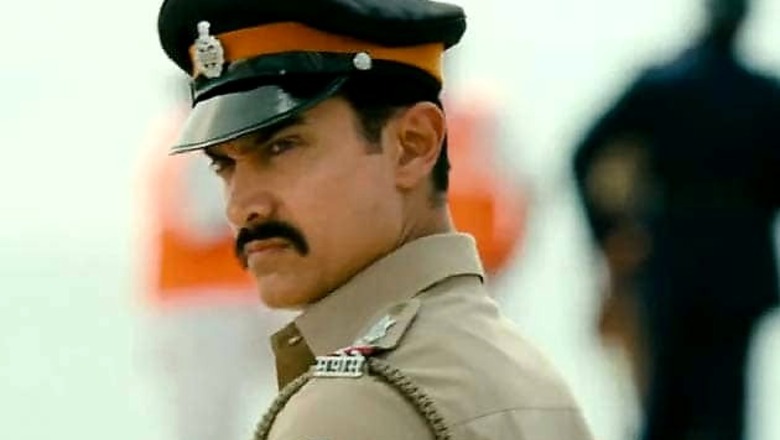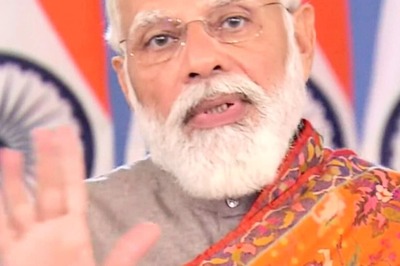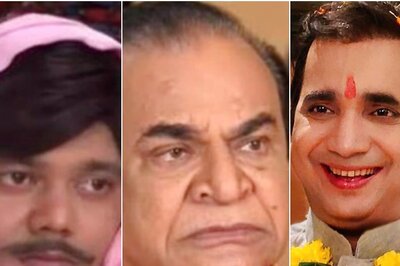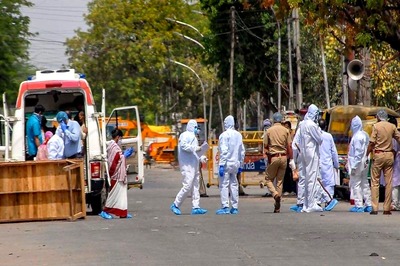
views
New Delhi: 'Ghajini', the 2008 revenge drama that radically changed Aamir Khan's image from a genteel lover who would not get his hands dirty in a street fight to a muscular, blood-thirsty brute, also started the trend of a slew of films that were mostly centred around the theme of his search for truth.
AR Murugadoss' Ghajini, a remake of his own 2005 Tamil film starring Suriya, Asin and Nayanthara, was titled on the main antagonist rather than the hero. But Aamir, playing the role of a patient with anti-retrograde amnesia, turned the character into a Hulk-like behemoth, trying to sift through his dim memory for names of the perpetrators of violence.
As a concept, 'Ghajini' was a typical example of South cinema's experiments with the genre of psychological thrillers and instant retribution. It explored the half-demented, half-confused search of a man suffering from a cyclical lapse of memory for killers of his girlfriend using his body as a canvass to remind him every 15 minutes his singular point of survival. Ghajini took violence to a new level and prompted Aamir, for the first time in his career, to build his body up.
'Three Idiots' followed next year and continued Aamir's search or rather the search for Aamir from Delhi to Ladakh. The situation this time is as removed from Ghajini as Aamir's Phunsukh Wangdu is from Sanjay Singhania. The mysterious Ranchhoddas Chanchad who befriends two boys in an Engineering college disappears once the course is over. The boys, now settled in their respective professions, search for their elusive friend.
Aamir's repeated search for answers have taken him across the country to record the plight of ordinary Indians for his immensely popular TV show 'Satyamev Jayate'. He took over the role of the counsellor, sorting out complicated problems with deep roots in India's traditional malpractices.
When he took up the role of an artist in wife Kiran Rao's directorial venture Dhobi Ghat in 2010, it was to search for answers in a diary, a silver chain, a ring and three video tapes filmed by a young Muslim girl who records a video diary for her brother - offering a glimpse of her daily life to the viewers.
The refined screenplay and the languorous pace set by Rao gradually pulls in her protagonist - the reclusive painter - into a story so grim that he would want to switch off the tape several times and stop the invasion into a seemingly unhappy married woman's mind.
Talaash - straightforward even in its title - is a policeman's search for a criminal, piecing together a string of evidence as he also seeks answers and closure to a personal tragedy.
If there is a genre of 'search' films, Aamir would be the master of it. He's sensitive, controlled and doggedly focussed. There are no background dancers to distract him from the chase, there are no conventional heroines. In his recent films one of his heroines was dead, one separated and almost married off to another man, one estranged from him after marriage, and in 'Talaash' he is in a deeply troubled relationship.
No, Aamir's films are not your run-of-the-mill cheap thrills. Whether they are insular and self-absorbed is for the reader to decide. But his search for answers continues...film after film.




















Comments
0 comment